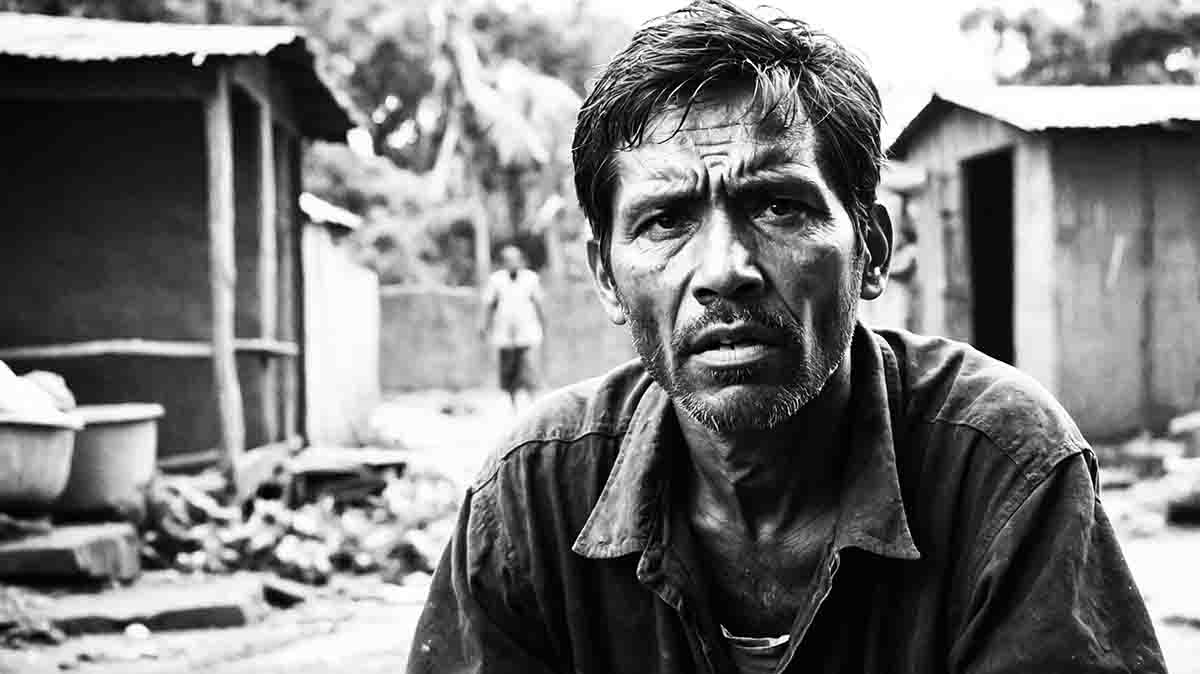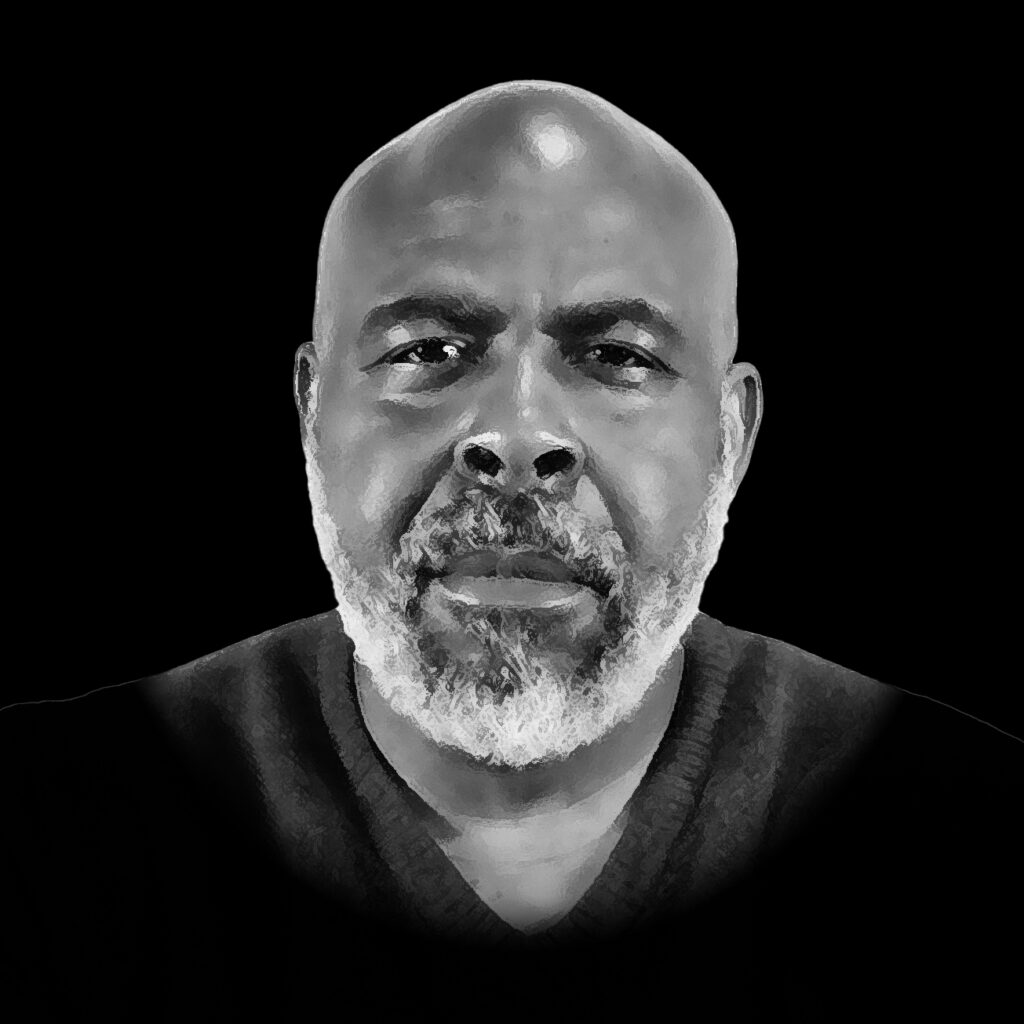Welcome to another reflection on personal growth and transformation. Today, we’re diving deep into one of the most powerful and often misunderstood fears: the fear of poverty. This fear is not just about financial instability—it affects many aspects of our lives. It’s the first of the six “ghosts of fear” discussed by Napoleon Hill in his seminal work, Think and Grow Rich. In this post, I’ll explore how the fear of poverty can shape our thoughts, actions, and ultimately, our lives.
The Fear of Poverty and Its Grip on Us
In Think and Grow Rich, Napoleon Hill describes the fear of poverty as the most destructive of the six ghosts of fear. The fear of poverty doesn’t just stem from the lack of money—it’s about the mindset that poverty breeds. It’s that constant worry about not having enough, and this fear can paralyze us from making positive changes or taking the necessary risks to build wealth and achieve success.
But here’s an important insight that often gets overlooked: the fear of poverty can be worse than the condition itself. Many people who grew up in poverty may not actually remember it being such a terrible experience. The fear of being poor is often far more damaging than actual poverty. This fear creates self-fulfilling prophecies, shaping our reality and leading us to accept situations that only reinforce our fears.
Two Roads: Poverty vs. Riches
When we think about poverty, it’s essential to understand what we’re truly afraid of. Poverty isn’t just about lacking material wealth; it’s about a lack of influence, opportunity, and the power to create change in your life. It leaves you stuck in a cycle where the most basic decisions seem out of reach. On the flip side, the road to riches is a path towards abundance—an abundance of opportunity, ideas, and, yes, material wealth.
What’s interesting is how Hill points out that a person who fears poverty cannot move towards riches. In other words, the very fear that is supposed to push us away from poverty actually traps us in it, because it prevents us from making the decisions that lead to wealth. Instead of using the fear of poverty as a motivation, many of us stay stuck in situations that don’t serve us just to avoid the perceived danger of financial loss.
Breaking Free from the Fear of Poverty
I’ve had my own experience with the fear of poverty. I once worked in a high-paying job that many people admired, but it was a position that didn’t align with my true passions. I felt like I was defined by the job, not by who I really was. It took me a long time to realize that I wasn’t just trapped in a job—I was trapped by my fear of being poor. I feared losing financial stability, and that fear kept me from pursuing something greater.
I made the difficult decision to leave that job, despite the immediate loss of income. And while it was a scary transition, it ultimately led me to a better place. This decision wasn’t just about money; it was about embracing the unknown, trusting in myself, and refusing to let fear control my future. The lesson here is clear: fear of poverty can lead you to make choices that leave you stuck. But when you learn to face that fear head-on, you open the door to new opportunities.
The Destructive Effects of the Fear of Poverty
According to Napoleon Hill, the fear of poverty destroys six key aspects of our lives:
1. Imagination
Imagination is the engine of creation. Yet when we’re consumed by the fear of poverty, we lose our ability to dream. We get stuck in survival mode, focused on immediate needs rather than long-term vision. Fear destroys our creative potential and keeps us in a constant state of limitation.
2. Reasoning Ability
Fear clouds our judgment. We may make poor decisions, driven by desperation, because we’re afraid of losing what little we have. This often leads people down destructive paths, such as turning to illegal activities or compromising their values, all in the name of avoiding poverty.
3. Enthusiasm
Enthusiasm is the fuel that keeps us motivated and moving forward. But when we’re focused solely on the fear of not having enough, we lose our passion for what we do. We become apathetic and uninspired, which only reinforces our negative mindset.
4. Willpower
Willpower is the strength to persevere, even when things get tough. The fear of poverty can weaken this willpower, making it harder to make decisions or stay committed to a course of action. When you’re afraid, your ability to impose your will on your circumstances is compromised.
5. Self-Reliability
This is a crucial one. The fear of poverty can make us dependent on others—whether it’s relying on a job we don’t like or constantly seeking approval from others. This dependency undermines our self-reliance and keeps us from growing. Self-reliance is the foundation of self-responsibility, and without it, we remain trapped.
6. Uncertainty
When you fear poverty, you start to lose control of your future. You rely on external circumstances to define your path, which leads to uncertainty. Without self-reliance, you become vulnerable to forces beyond your control.
How to Overcome the Fear of Poverty
So, how do we overcome the fear of poverty and reclaim our power? It starts with self-awareness. Ask yourself: What are you truly afraid of? Are you making decisions based on fear of loss, or are you moving toward opportunities? Facing your fears head-on, like I did when I left my job, may be the first step in taking control of your future.
Self-reliance is another key factor. Learn to trust your own abilities, and make decisions that empower you. Reframe your mindset—instead of seeing poverty as a threat, view it as a temporary condition that you can change with the right mindset and actions. Napoleon Hill encourages us to demand riches—not as a mere wish, but as a clear and unwavering expectation.
Symptoms of the Fear of Poverty
Hill also describes several symptoms of the fear of poverty:
- Indifference: Losing passion for what you once cared about.
- Indecisiveness: Being paralyzed by the fear of making the wrong choice.
- Procrastination: Delaying action because of fear of failure.
- Expecting poverty instead of demanding riches: Accepting poverty as a given rather than striving for success.
Final Thoughts
The fear of poverty can hold you back in ways you might not even realize. But understanding its destructive effects, as Napoleon Hill outlines, gives you the tools to break free. The path to wealth and abundance isn’t just about money—it’s about embracing the mindset of self-reliance, imagination, and willpower.
Remember, man is mind. As a man thinketh in his heart, so is he. The way you think shapes your reality, and if you allow the fear of poverty to dominate your thoughts, it will become your truth.
Are there any “clowns in your castle”? Are you allowing fear to govern your decisions, or are you ready to take control and demand riches?



Leave a Reply to Understanding the Six Ghosts of Fear: Insights from Napoleon Hill’s Think and Grow Rich – I Am Sherman Rivers Cancel reply